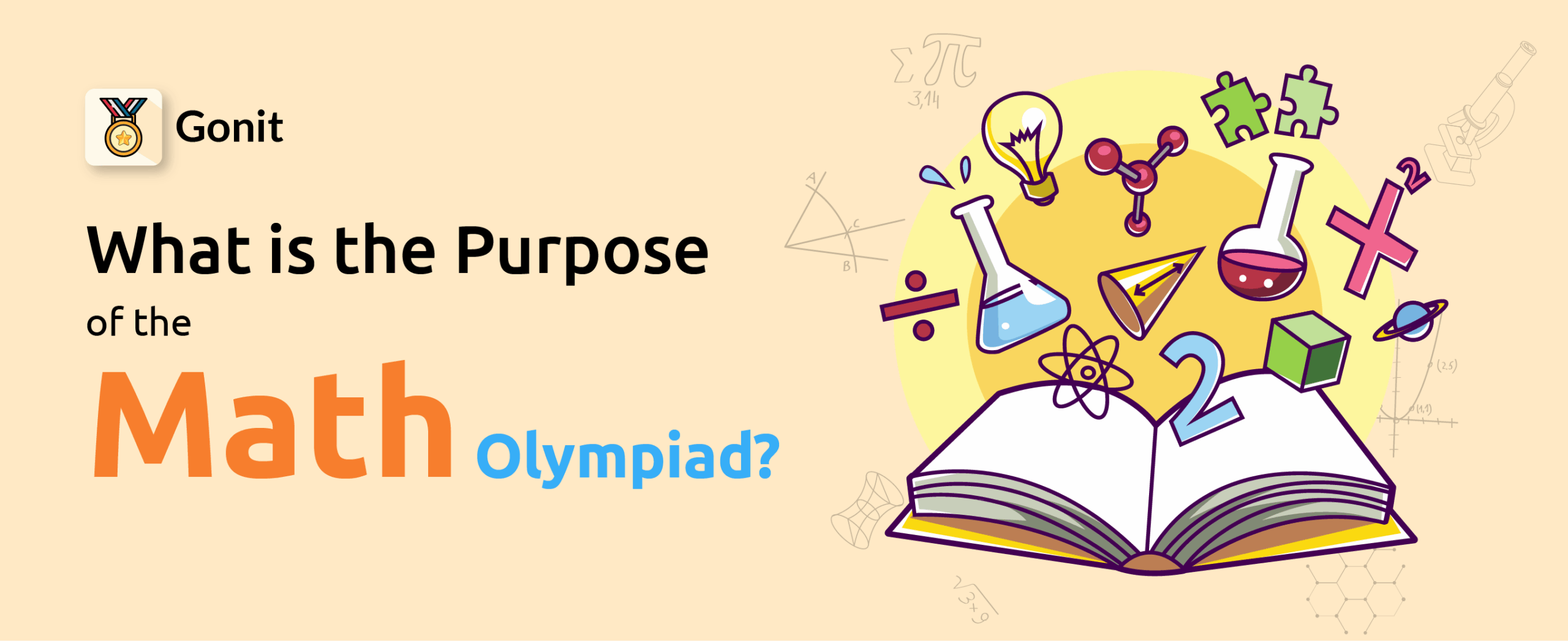The purpose of the Math Olympiad is to challenge students with complex math problems, improve problem-solving skills, and promote a love for mathematics. It helps students develop logical thinking, compete at national and international levels, and prepare for advanced studies in math.
Mathematics is a fundamental subject that shapes logical thinking, problem-solving skills, and analytical abilities.
The Math Olympiad is a prestigious competition designed to challenge students and enhance their mathematical abilities.
But what is the actual purpose of the Math Olympiad?
Let’s explore its key objectives and benefits in detail.
1. Encouraging a Love for Mathematics
One of the main purposes of the Math Olympiad is to inspire students to develop a deep interest in mathematics. Many students see math as a difficult subject, but participating in Olympiads makes it exciting and engaging.
The challenging problems push students beyond their textbooks, encouraging them to think creatively and explore new mathematical concepts.
2. Developing Critical Thinking and Problem-Solving Skills
Math Olympiads are not just about solving equations. They require students to analyze complex problems, break them down into manageable parts, and apply logical reasoning.
These competitions improve students’ ability to think critically and solve problems efficiently. These skills are useful not only in mathematics but also in science, engineering, and everyday decision-making.
3. Enhancing Competitive Spirit and Resilience
Competitions like the Math Olympiad teach students how to handle challenges and setbacks. Not every problem will have an easy solution, and sometimes students might not perform as expected.
However, learning to persist, analyze mistakes, and improve is a valuable lesson. This resilience and determination help students in both academic and professional careers.
4. Preparing for Higher Studies and Careers
Many prestigious universities and careers value mathematical skills. Participating in Math Olympiads helps students build a strong foundation in math, which is essential for fields such as engineering, physics, computer science, economics, and finance. Success in these competitions can also enhance college applications and scholarship opportunities.
5. Boosting Confidence and Self-Esteem
Math Olympiads provide students with an opportunity to test their skills against peers from around the world. Successfully solving challenging problems boosts their confidence and gives them a sense of accomplishment. Even if they don’t win, participation alone can instill a strong belief in their mathematical abilities.
6. Encouraging Teamwork and Collaboration
Some Math Olympiad competitions involve team-based problem-solving. This encourages students to work together, share ideas, and develop communication skills. Learning to collaborate effectively is a crucial skill for future success in academic research, business, and other professional fields.
7. Exposure to Advanced Mathematical Concepts
Math Olympiads introduce students to higher-level mathematical topics that go beyond the standard school curriculum. Concepts like number theory, combinatorics, graph theory, and advanced algebra are often explored. Exposure to these topics can spark interest in pursuing mathematics at an advanced level.
8. Identifying and Nurturing Mathematical Talent
These competitions help identify students with exceptional mathematical abilities. Many national and international organizations use Olympiads to discover young talents and provide them with resources, mentorship, and scholarships to further their education. It serves as a platform for students to showcase their skills and gain recognition.
9. Promoting International Recognition and Opportunities
Winning or performing well in Math Olympiads opens doors to various opportunities. Many international competitions, such as the International Mathematical Olympiad (IMO), allow students to represent their countries and compete on a global stage. This not only brings personal recognition but also enhances a student’s resume for future academic and career prospects.
10. Bridging the Gap Between Theory and Application
Math Olympiads focus on real-world applications of mathematics. The problems often require creative thinking and innovative approaches rather than just memorizing formulas. This helps students see how math is used in technology, engineering, artificial intelligence, economics, and other fields.
11. Encouraging Lifelong Learning
Participating in Math Olympiads instills a habit of continuous learning. Students who engage in these competitions develop curiosity and a growth mindset. They learn to enjoy the process of solving problems and discovering new mathematical principles, which helps them in lifelong learning.
12. Building a Strong Mathematical Community
Math Olympiads bring together students, teachers, and mentors from different backgrounds who share a passion for mathematics. This creates a community where students can learn from each other, exchange ideas, and develop friendships. Many former Olympiad participants go on to mentor and inspire the next generation of students.
Conclusion
The Math Olympiad serves multiple purposes, from developing problem-solving skills to preparing students for future careers.
It is not just a test of knowledge but a way to inspire a lifelong passion for mathematics. By participating in these competitions, students gain confidence, build resilience, and open doors to numerous academic and professional opportunities.
Whether a student aims to become a mathematician, scientist, engineer, or entrepreneur, the Math Olympiad lays a strong foundation for success.


